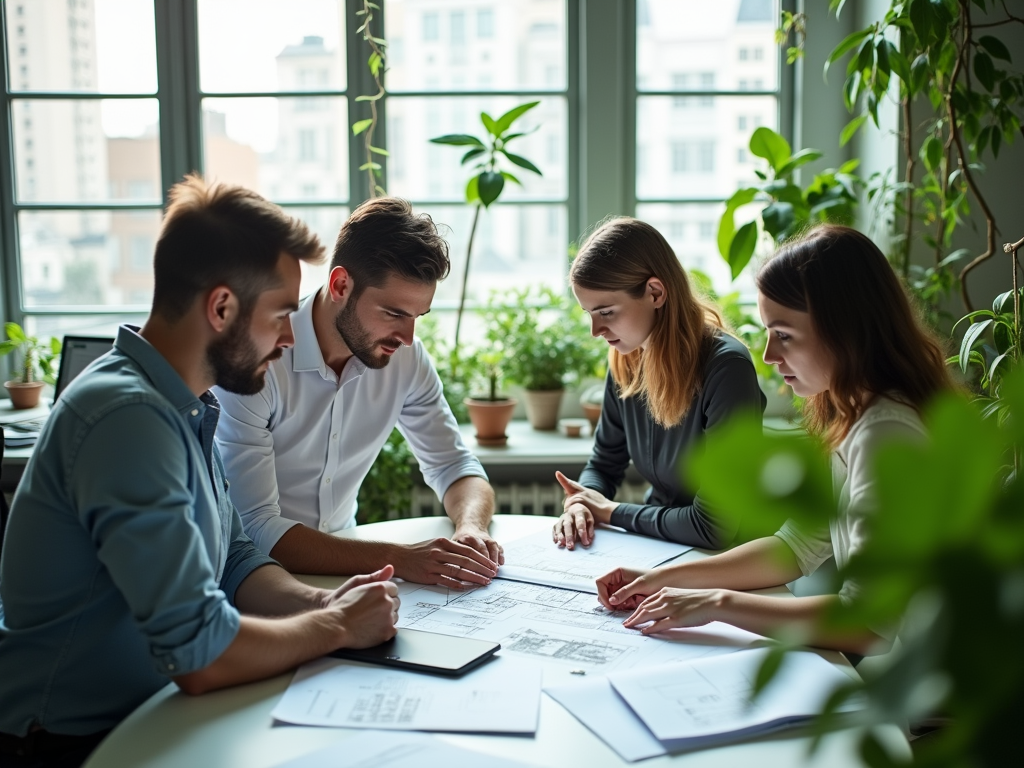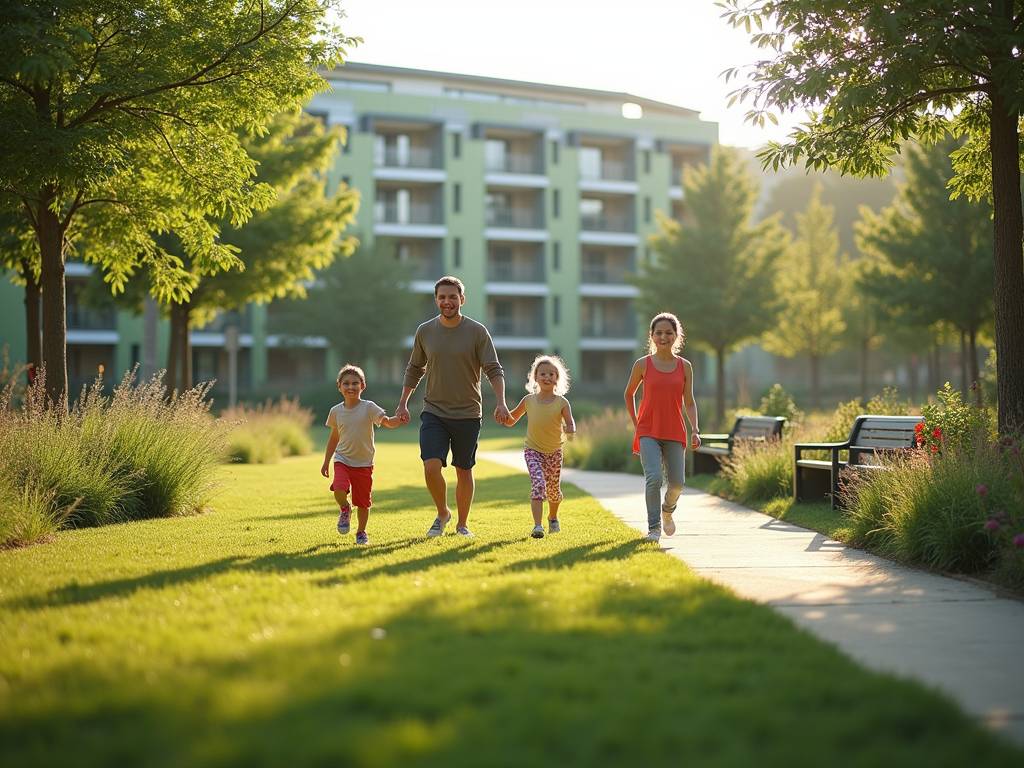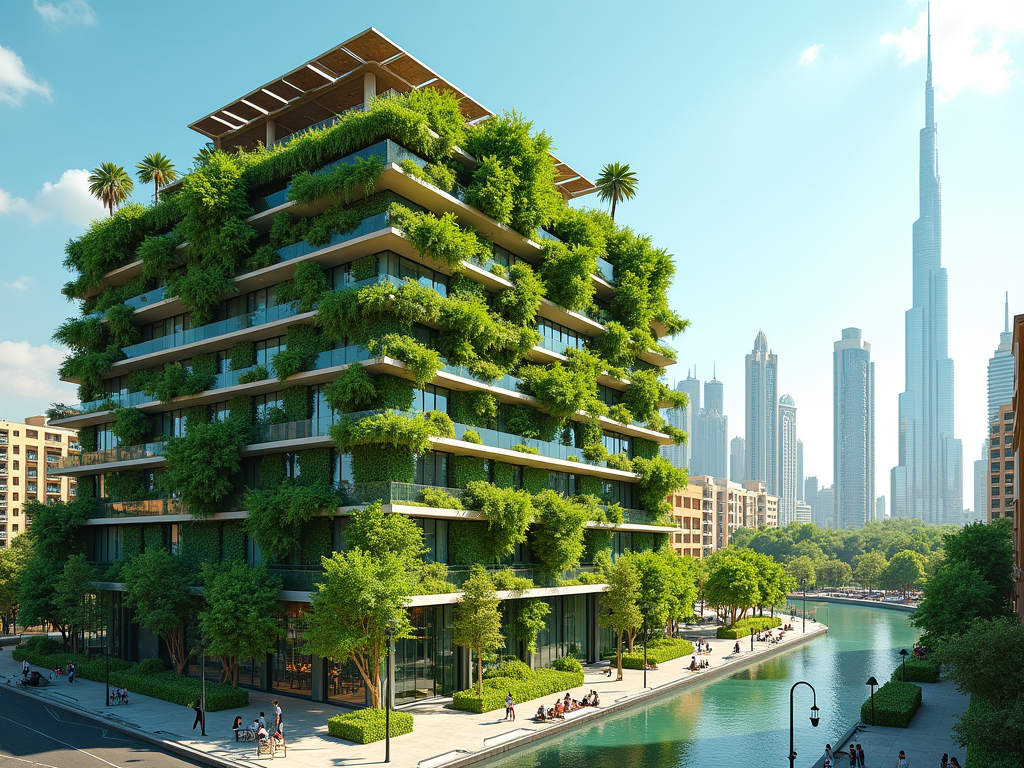The development of green building practices in Dubai has gained remarkable momentum over the past few years, driven by sustainability goals and a commitment to reducing the ecological footprint of construction. As the emirate seeks to diversify its economy and enhance its livability, green initiatives have become essential in its urban development strategy. This article explores the factors contributing to the growth of green building practices in Dubai, the key legislation supporting these initiatives, and the benefits realized by stakeholders. It also highlights the role of technology and community engagement in promoting sustainable practices.
Factors Driving Green Building Practices in Dubai

Several pivotal factors contribute to the rapid growth of green building practices in Dubai, reflecting global trends in sustainable development. These include:
- Government Initiatives: The UAE government has introduced various policies aimed at promoting sustainability, culminating in the UAE Vision 2021 and Dubai Plan 2021, both emphasizing environmental considerations.
- Climate Considerations: Dubai’s harsh climate necessitates energy-efficient buildings to reduce cooling costs and lower energy consumption, making green buildings a necessity rather than a choice.
- Economic Incentives: Financial benefits such as reduced operational costs and potential incentives for green building certifications motivate developers to adopt sustainable practices.
- Global Trends: As sustainability becomes a market expectation worldwide, Dubai seeks to position itself as a leader in green practices to attract international businesses and investments.
- Public Awareness: Increasing awareness among the populace about environmental issues has spurred demand for more sustainable living options.
Key Legislation Supporting Green Building Practices

The foundational growth of green building in Dubai is heavily supported by stringent legislation designed to enforce sustainable construction practices. Key laws and frameworks include:
- Dubai Green Building Regulations: Established to ensure buildings meet certain environmental standards, focusing on energy efficiency, water conservation, and sustainable materials.
- Estidama Pearl Rating System: A program that evaluates sustainability in buildings and communities, promoting designs that minimize environmental impact.
- Energy Efficiency Program: Aiming to reduce energy consumption across all sectors, encouraging the integration of renewable energy sources in new constructions.
- Dubai’s Sustainable City Initiative: Aimed at creating a model for sustainable living that includes residential, commercial, and recreational spaces underpinned by green practices.
The Benefits of Green Buildings
The adoption of green building practices in Dubai yields numerous benefits for the environment, economy, and society. These advantages encompass:
- Reduced Energy Costs: Green buildings are designed to use less energy, leading to significant savings on utility bills for owners and tenants.
- Enhanced Health and Well-being: Improved air quality and natural lighting contribute to better health outcomes for occupants, promoting overall well-being.
- Higher Property Values: Sustainable properties often command higher market values and rental rates, making them attractive investments.
- Environmental Impact: By using fewer resources and reducing waste, green buildings play a crucial role in mitigating climate change and preserving the local ecosystem.
- Community Engagement: Many green projects involve local communities in the planning and design process, ensuring that development meets the needs of those who will be affected.
Advancements in technology significantly enhance the effectiveness and appeal of green building practices in Dubai. Innovative solutions such as smart building systems, which monitor energy usage in real-time, allow for maximized efficiency. The incorporation of renewable energy technologies, including solar panels and wind turbines, augments a building’s energy profile, demanding less reliance on the grid. Additionally:
- Building Information Modeling (BIM): This technology allows designers to create highly detailed digital representations of buildings, ensuring optimal resource allocation and sustainability.
- Smart Home Technology: Incorporating IoT devices enables residents to manage their energy consumption more effectively, leading to reduced waste.
- Sustainable Materials: Innovations in material science have led to the development of eco-friendly construction materials that reduce the overall environmental impact.
Conclusion
The growth of green building practices in Dubai is a testament to the emirate’s commitment to a sustainable future. Fueled by government initiatives, economic benefits, and technological advancements, the green building movement is reshaping the urban landscape in Dubai. As a global city, Dubai’s embrace of sustainability not only enhances its economic development but also promotes a healthier living environment for its residents. The ongoing efforts will ensure that Dubai continues to lead the way in sustainable urban evolution, paving the path for other cities to follow suit.
Frequently Asked Questions
1. What are green building practices?
Green building practices involve designing, constructing, and operating buildings that are environmentally responsible and resource-efficient throughout their life cycle. This includes reducing energy consumption, utilizing sustainable materials, and minimizing waste.
2. Why is Dubai focusing on green building practices?
Dubai is focusing on green building practices to address environmental concerns, reduce energy costs, attract investment, and enhance the overall quality of life for its residents as part of its long-term sustainability goals.
3. What benefits do green buildings offer to residents?
Green buildings provide numerous benefits, including reduced operational costs, improved indoor health conditions, higher property values, and a lower environmental impact.
4. How is technology impacting green building initiatives in Dubai?
Technology enhances green building initiatives through smart systems for energy management, the use of sustainable materials, and innovations that improve overall building efficiency and occupant comfort.
5. What role does the government play in promoting green building practices in Dubai?
The government establishes regulations, provides financial incentives, and encourages community engagement to promote and enforce green building practices, aligning with broader sustainability goals.
